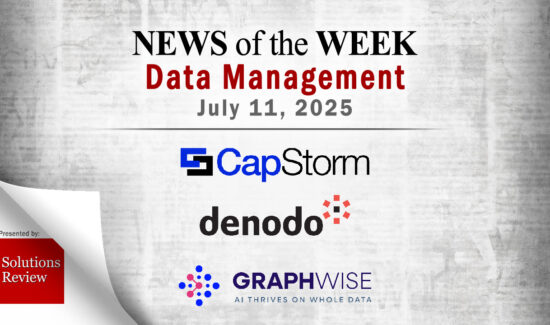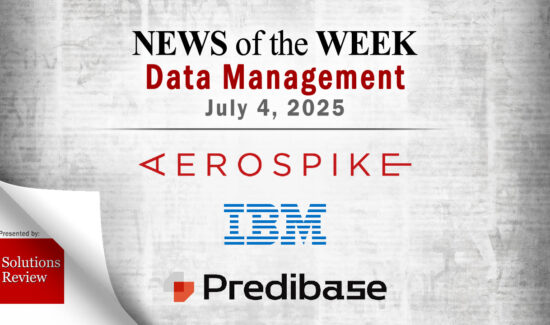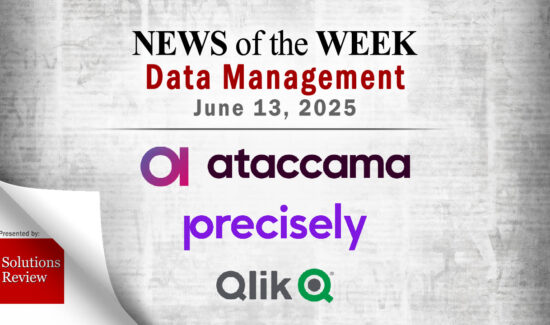Redis Labs Unveils RediSearch 2.0 Full-Text Search Engine


Source: Redis Labs
Redis Labs recently announced the release of RediSearch 2.0, the latest version of the company’s indexing, querying, and full-text search engine. Available on-prem or as a managed service in the cloud, RediSearch 2.0 enables customers to build modern applications via interactive search experiences. The tool also lets users automatically index their Redis datasets without changing their application. RediSearch includes support for Redis Enterprise’s Active-Active technology as well.
Redis Labs is best known for its Redis Enterprise, a database product that takes advantage of modern in-memory technologies like NVMe and Persistent Memory to provide deployment over cloud and on-prem data centers. The solution features native data structures and a variety of data modeling techniques such as streams, graph, document and machine learning with a real-time search engine. Redis has also had considerable success entering strategic partnerships with vendors such as Pivotal and Red Hat.
RediSearch tours a rich query language that enables structured queries as well as full-text searches. Data can be filtered by properties, numeric ranges, and geographical distances. In addition, developers can also run “fuzzy” searches to implement autocomplete search experiences. The unified search engine simplifies data infrastructure as well, which allows developers to avoid dealing with changes between query languages, data models, and bolt-on search engines.
In a media statement, Redis Labs Director of Product Management Pieter Cailliau said “As customers increasingly rely on Redis Enterprise as their real-time data platform, they want to dynamically query and search their data residing in Redis. RediSearch now enables organizations to quickly build indexes which require low latency querying and full-text search. All of this is delivered with the familiar ease of scaling and speed of Redis.”
Learn more about RediSearch 2.0 on the company’s product page.




















